Danish Ministry, embassies, CBS and more than 60 international students join forces to build business models in 8 African countries
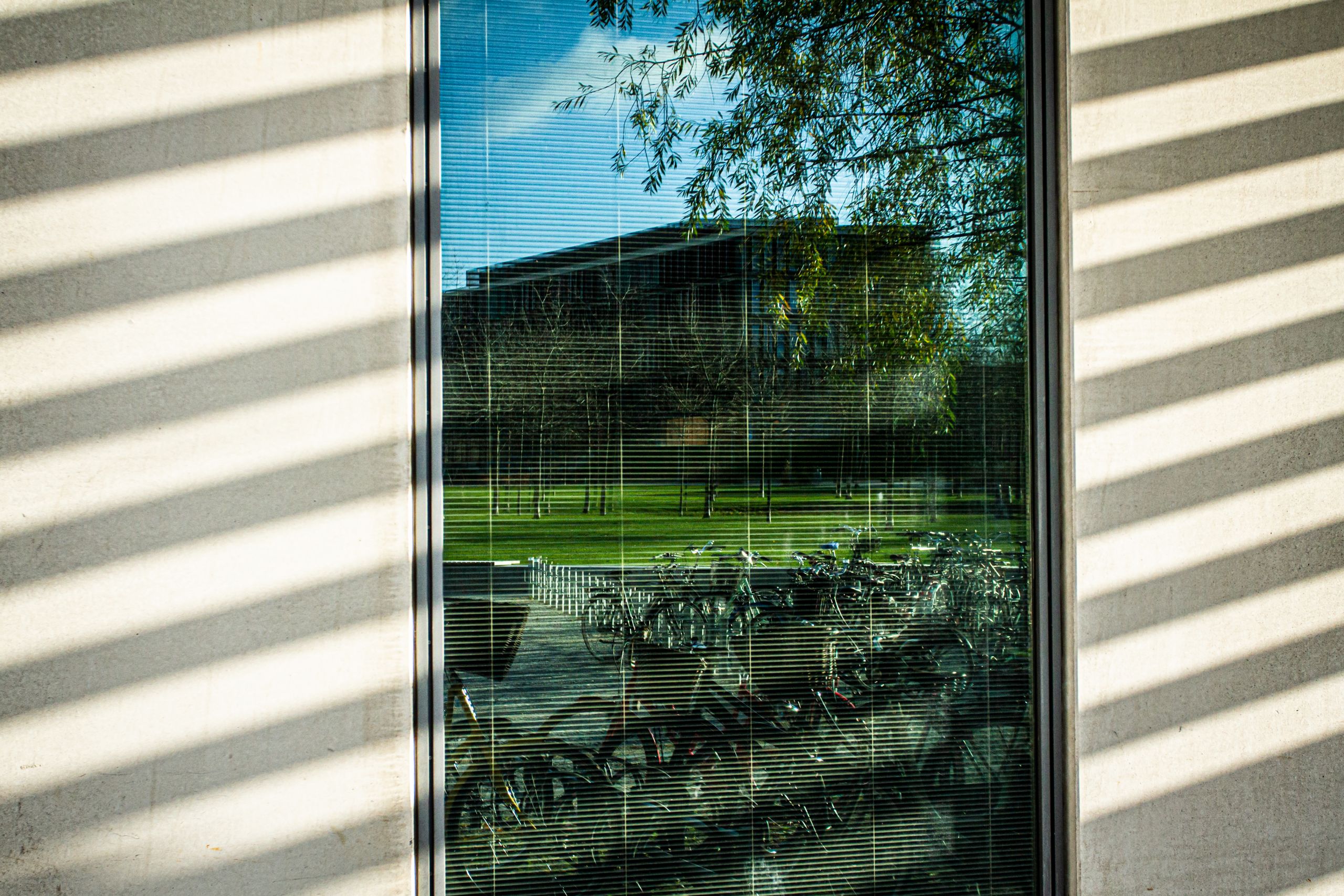
The Africa 2030 Development Contest begins in February 2021 with a total of 64 students from CBS, DTU, SDU, AAU, KU and African universities, divided into eight international teams. (Photo by Anna Holte)
When the Africa 2030 Development Contest kicks off, for the first time CBS will be leading progress as 64 international students from Danish and African universities collaborate and compete to design solutions to critical development challenges in eight African countries. In June 2021, the award ceremony will take place at The People's Meeting (Folkemødet) on Bornholm.
The Africa 2030 Development Contest begins in February 2021 with a total of 64 students from CBS, DTU, SDU, AAU, KU and African universities, divided into eight international teams. During the four-month competition, the teams will design sustainable solutions to SDG-related development challenges in eight African priority countries.
The countries in focus are Burkina Faso, Ethiopia, Kenya, Mali, Niger, Somalia, Tanzania and Uganda, and according to CBS’ Kristjan Jespersen, Assistant Professor, who is coordinating the contest, the purpose of the whole initiative can be boiled down to just a few core sentences.
“Internationally, students need real-world challenges. The Danish Ministry of Foreign Affairs realizes that,” he says and elaborates:
“And since our students are the Ministry’s future talents, it is mobilizing its embassies in African countries to provide relevant real-world SDG-related challenges that teams of international students aim to solve by designing new innovative business model transformations.”
This is the first time ever that CBS has been asked by the Ministry to participate in the contest. Usually, the Technical University of Denmark (DTU) receives the invitation, but according to Kristjan Jespersen, there is a plausible explanation why the leading university position this time has gone to CBS.
“For a long time, when dealing with SDG challenges, it has been assumed that if you just throw technology at the problem, it will automatically create new opportunities and new business models that will eventually produce change,” he says and continues:
“However, the world is littered with technology that has failed. It has failed partly because technology lacks social dimensions, and partly because adopting technology doesn’t transform and change anything on its own.”
Instead, Kristjan Jespersen explains, technology must interact with adequate social sustainability components, revenue models, business plans and strategies needed to make innovation in the field of development successful.
“And this is an area where CBS has a lot of knowledge and competences, which is one of the reasons why we’ve been asked to join the contest this time,” he says.
From Africa to Bornholm
The challenges, as well as the countries, are selected by the Ministry, with the assistance of local Danish embassies in Africa, and focus on four strategic objectives: Security and development, migration and development, inclusive sustainable growth and development and, finally, freedom and development.
“Throughout the contest, the student teams will receive mentorship from specialists selected by the respective embassies. In addition, CBS will provide supervision and coordination during the entire contest,” Kristjan Jespersen says.
The student teams consist of eight students: two students from CBS, two from alternative Danish universities DTU, KU, AAU and SDU, and four African students.
And at the beginning of June 2021, a jury will elect the winning team with the best solution. The award ceremony will take place at The People’s Meeting (Folkemødet), a festival on the Danish island of Bornholm.
The big cherry on top
At the moment, the Danish Ministry of Foreign Affairs is engaging with the embassies to figure out which specific cases to pitch to the students. After that, team building will begin.
Therefore, the specific teams and the specific cases have yet to be decided. However, Kristjan Jespersen gives a few examples of what the cases could potentially involve.
“For instance, they could involve providing business model solutions to water management systems in rural areas. They could also involve new forms of sustainable agricultural production. And finally, there could be gender equality and economic growth cases focusing on new entrepreneurship initiatives,” he says.
Thus, it seems there are plenty of cases for the Ministry and the embassies to choose from. But the question that arises is how big an impact the innovative business models designed by the student teams will have on the specific challenges.
The first prize of the contest is that the winning team gets to work closely with the embassies while applying the case on the ground. That’s the big cherry on top
And according to Kristjan Jespersen, that ultimately depends on how impact is measured.
What will be important moving forward, he explains, is how the assigned cases fit into the strategy of the Danish embassies and their respective work on the ground.
“If the embassies have selected cases that are innovative and new for a specific African country, the degree of impact will be high,” he says and goes on:
“The first prize of the contest is that the winning team gets to work closely with the embassies while applying the case on the ground. That’s the big cherry on top. Therefore, they can also actually test the impact of the winning initiative in the real world.”
However, the primary hope is that the contest will spur the students’ interest in developing sustainable solutions to problems in developing countries, which Kristjan Jespersen calls second-order outcomes.
“What’s interesting about the contest is how we’re involving university students, both in Denmark and abroad, in starting to think more about transformative business models, which will hopefully foster a lot of future experts on the matter when the students graduate.
“Furthermore, we facilitate collaborations between business schools and technical universities, which is something we always say that we want to do, but in reality, we never really achieve. But it’s critically important if we are to change anything in the long run,” he says and continues:
“I believe that the diverse student teams and the collaboration between different types of educational institutions, in addition to all the hands-on experience that the students will receive by participating in the contest, will all give rise to innovative and sustainable initiatives in the future. Therefore, the second-order outcomes are actually far more interesting.”



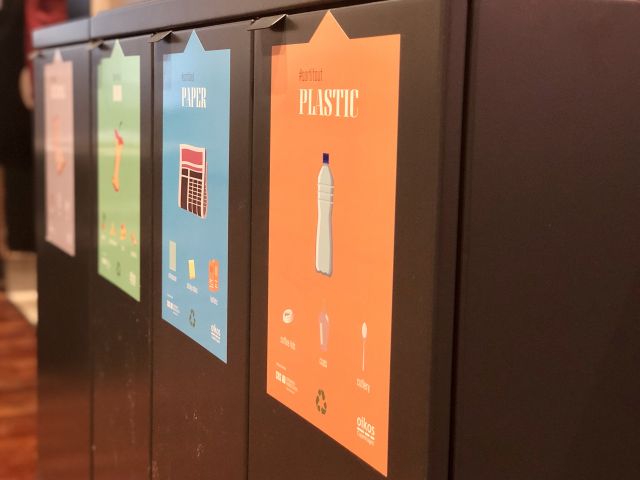
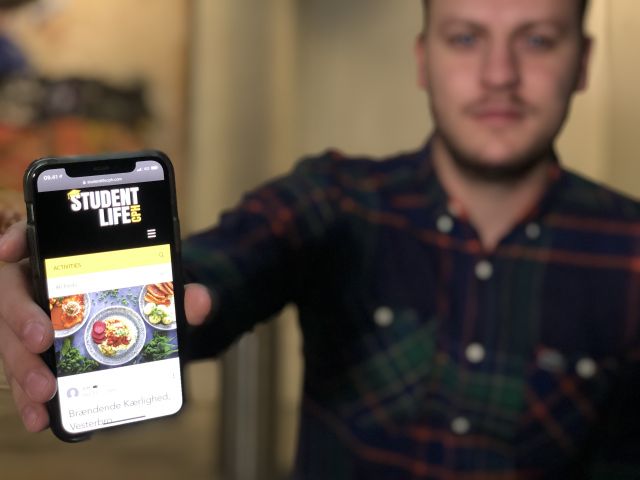
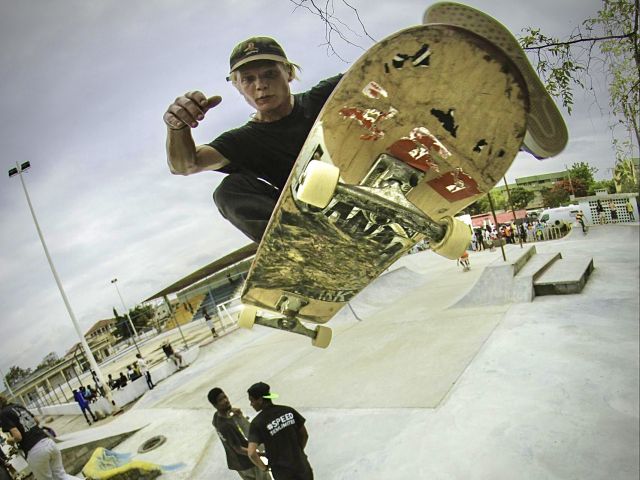
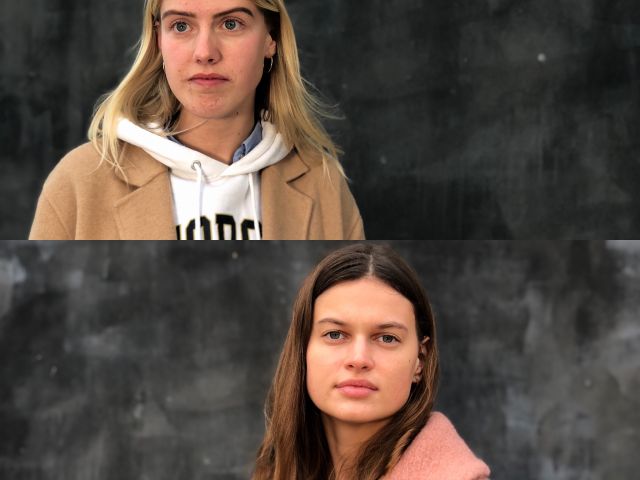
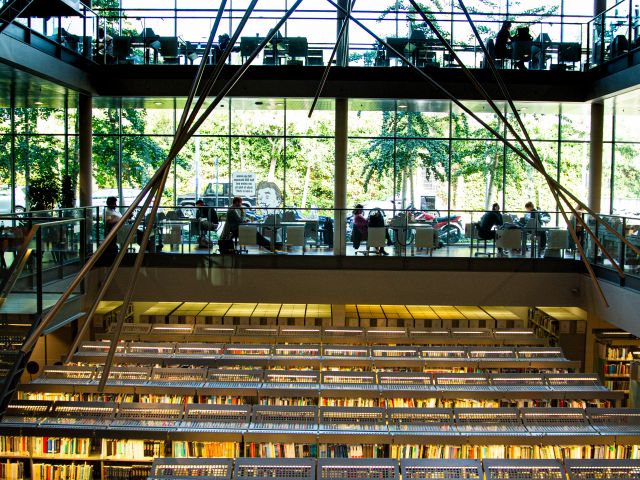






























































































































Comments